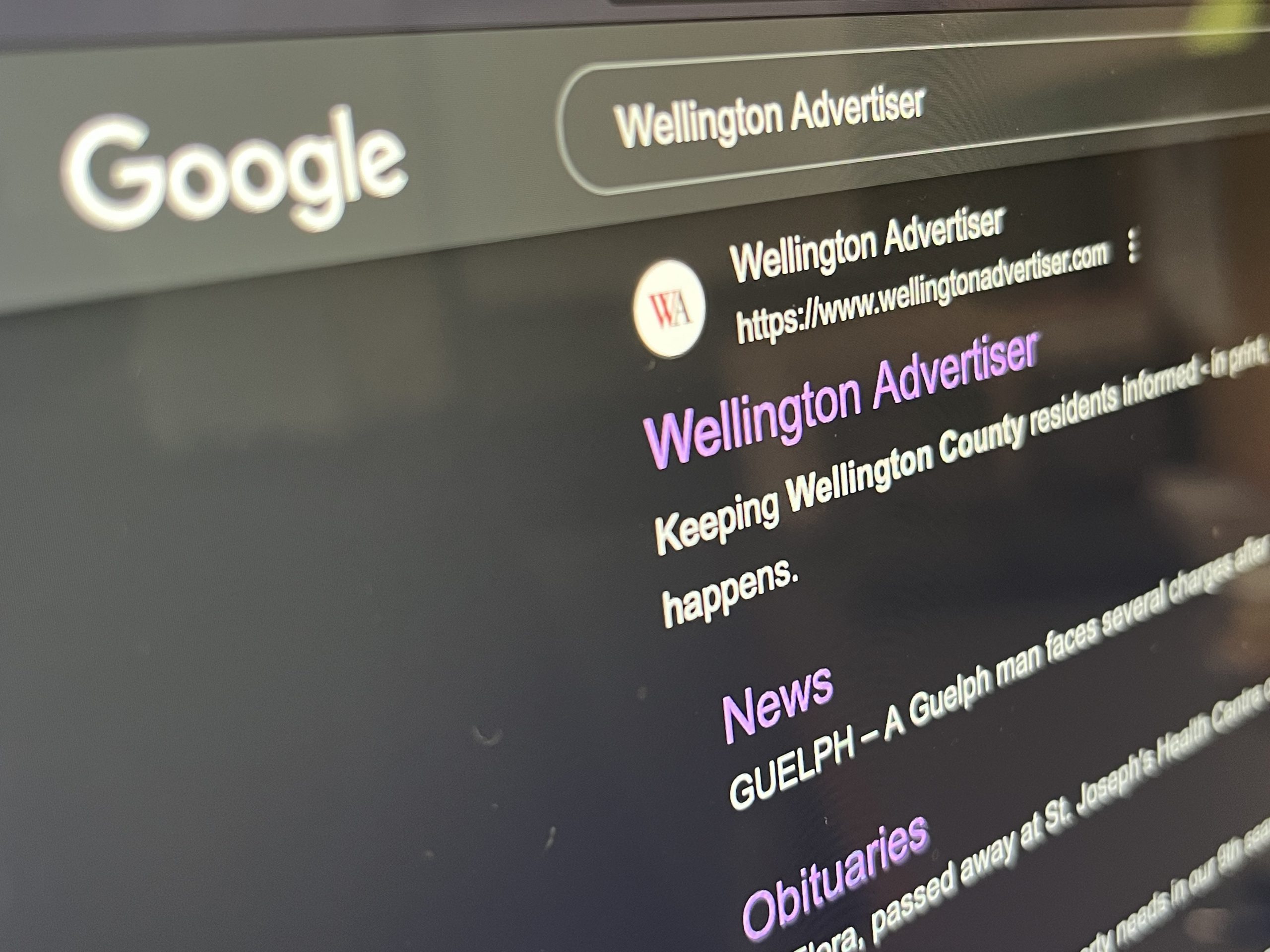OTTAWA – Google and the federal government have reached an agreement for an annual contribution of $100 million to compensate Canadian news media companies.
Google previously threatened to delist links to Canadian news stories after federal lawmakers passed the Online News Act, aimed at collecting a small portion of revenue from online advertising and diverting it to news outlets instead of online giants Google and Meta.
Meta, the parent company of Facebook and Instagram, delivered on a similar threat in August, making news content on its platforms inaccessible by Canadians.
Google argued its service drove 3.6 billion visits to Canadian news publishers in 2022, and claimed those publishers benefited from its link referrals to the tune of $250 million annually because of ad hits on news websites and new subscriptions.
The federal government however, stated the legislation divesting online giants from a small amount of their advertising revenue was intended to balance out the market by bringing home some of the cash lost to online advertising.
News of the agreement came from federal heritage minister Pascale St-Onge on Nov. 29.
“Following weeks of productive discussions, I am happy to announce that we have found a path forward with Google,” St-Onge stated on Wednesday.
A “wide range of news businesses,” including independents, will benefit, she added.
Rather than Google negotiating with individual publishers — one of the search giant’s many stated concerns — money will go to a general fund.
In a prepared statement emailed to the Advertiser, Google global affairs president Kent Walker stated the company is “pleased” with Canada’s commitment to addressing “core issues” with the legislation, including a clear exemption process and cap on the money Google would provide.
That’s a palpable change in tone from June and October, when, following the passing of the law in the summer and draft regulations released in the fall, Google stated the feds failed to address its concerns with the “fundamentally flawed” legislation and the company would move forward with removing Canadian news from its products.
“While we work with the government through the exemption process, based on the regulations that will be published shortly, we will continue sending valuable traffic to Canadian publishers,” Walker stated.
Regulations for how the law practically operates have yet to be released before the Online News Act comes into force on Dec. 19.
That means it’s not yet clear exactly how the money will be administered and divvied out among publishers.
St-Onge indicated Google “will have the option to work with a single collective” to distribute its funds to eligible news businesses, based on the number of employed journalists.
“News and journalism serve to inform communities, drive civic engagement and counter the rise of disinformation,” the heritage minister added.
“With newsrooms cutting positions or closing entirely, the health of the Canadian news industry has never been more at risk.”
Advertiser publisher and News Media Canada chair Dave Adsett offered St-Onge a “hearty congratulations” on Nov. 30 for ensuring online news would continue to be accessed through Google.
“This was the critical first step the industry desperately needed after (bill) C-18 was announced,” Adsett said.
The Advertiser will benefit from the funding in the future, but Adsett said to what degree is unknown.
Prior to recent negotiations, large media corporations had individual agreements worked out with Google, leaving local news publications out of a deal.
“Smaller regional publishers will now be included as recipients,” Adsett said. “This brings about fairness in the industry.”
The publisher hopes Meta will come to “understand its responsibilities as a monopoly thriving in a democracy.”
Meta has stated the deal will have no influence on its position.




